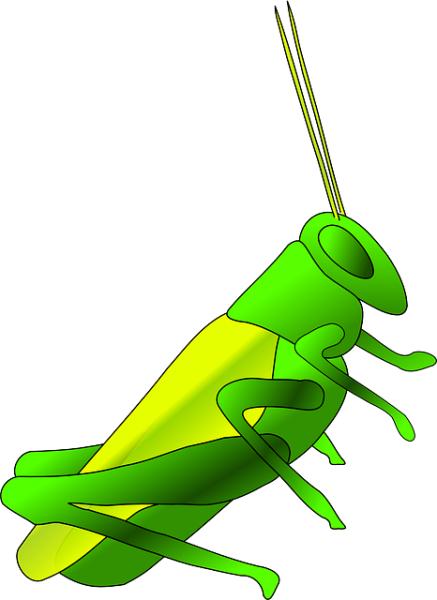We all need protein in our diet, unfortunately for chickens, pigs, and cows. It is also unfortunate for us because raising these livestock sources have inefficiencies driving concerns about the sustainability of these animals as a continuing source of protein. Before jumping to a meat-use tax, we might consider some alternative protein. A study in Scientific Reports looks at another protein source, insects, more specifically crickets.
Entomophagy – Eating Insects
Entomophagy is a habit shared across the world, motivated by “cultural and nutritional value as well as their numerous [insects] environmental benefits.” They are both a source of protein and insoluble fiber and when processed “properly” cause no physiologic harm. The study sought to determine whether they provided benefits other than merely their dietary value. Were they tolerable and safe? And how did crickets as meals affect the current nutritional holy grail, out gut biome?
The research
In a randomized, double-blind, crossover pilot study, 20 adults ate 25 grams commercially available 100% cricket powder in their morning muffin and “breakfast shake” for two weeks. After another two week wash-out period, participants switch groups, from control to crickets and vice versa. In return for the meals, volunteers completed surveys of their GI experiences, had their blood drawn, and stools subject to DNA analysis. The volunteers were younger, thinner and healthier than our typical American population.
- Cricket meals cause no untoward GI experiences
- Cricket meals created no toxicity as measured by blood values [1]
- Acetate found in the stool was somewhat decreased indicating a change in the gut’s metabolism of complex carbohydrates.
- There were no changes in the gut’s microbiome as measured by the phyla (groups) present, their diversity or abundance.
- Cricket meals resulted in more Bifidobacterium animalis, a probiotic species; and a decrease in several lactic-acid producing bacteria – Lactobacillus reuteri, another probiotic species.
So, cricket breakfast resulted in no harm or dramatic change in the gut microbiome. While demonstrating no additional benefits to crickets as a food source, the researchers did point out that B. animalis has been associated with improved gut function and reduction of diarrhea; having a role in increasing the gut’s bacterial barriers and immune response. The decrease in acetate suggests that “participants gut microbial metabolism were not fully equipped to digest insect fibers.”
The authors were successful in demonstrating we can eat crickets when ground up and hidden in our muffins and milk. They cause no harm, but whether they will serve as an alternative source of protein remains, as it was before the study, unknown. They rightly conclude that more research is necessary both in observational studies of entomophagic populations and in the laboratory to further understand how cricket consumption impacts our metabolism and health. And before you turn away from tasty insect snacks, consider that muscle cells are being cultured to serve as another new meat, but that is a topic for another day.
[1] There was a slight rise in one liver enzyme but it was within the normal range and had neither clinical or statistical significance.
Source: Impact of Edible Cricket Consumption on Gut Microbiota in Health Adults, a Double-blind Randomized Crossover Trial Scientific Reports DOI: 10.1038/s41598-018-29032-2




